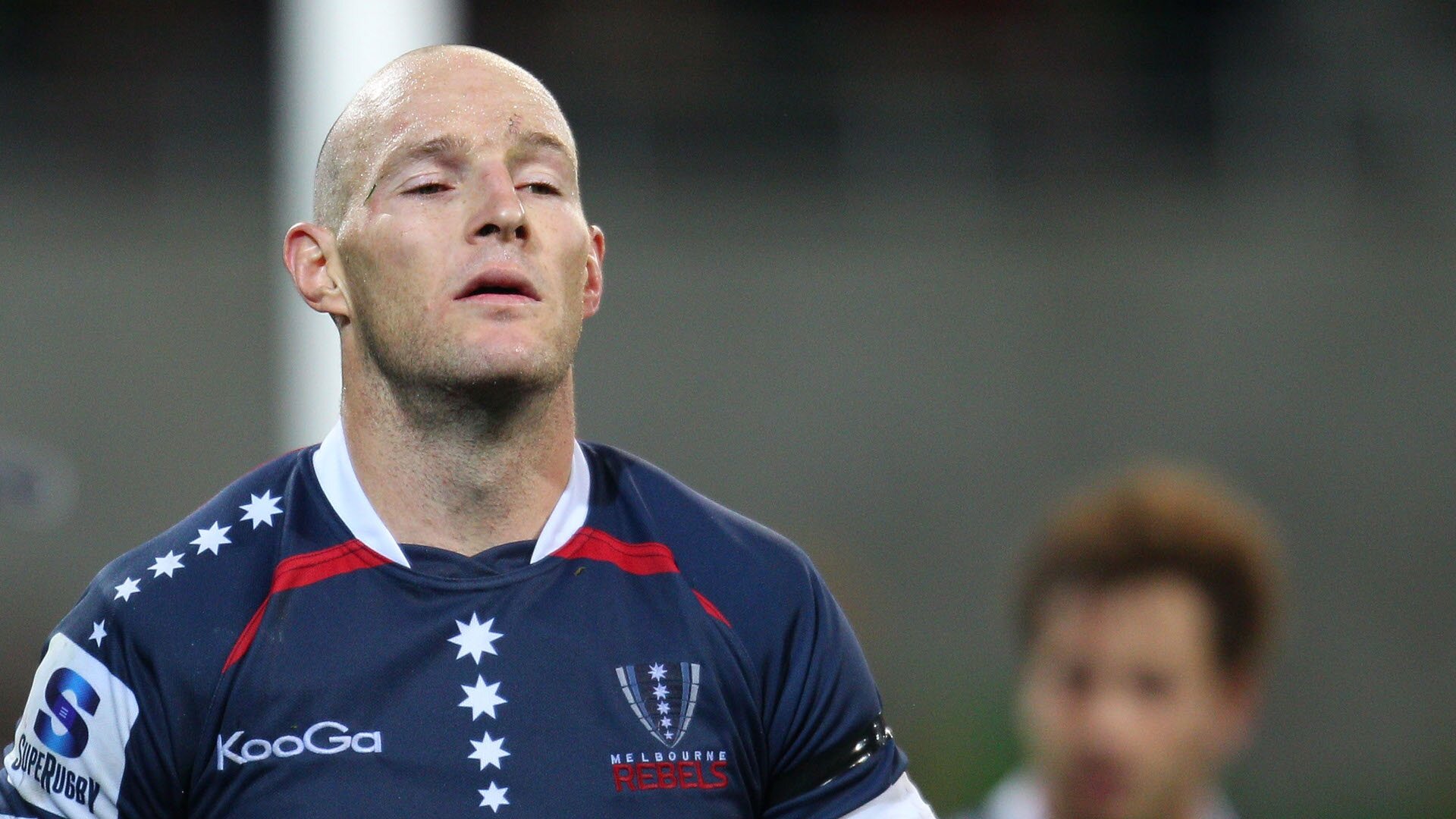While some former Wallabies are plumping for greater selection of overseas-based players, ex-Test stars Ben Darwin and Stirling Mortlock feel it could see Australia slide further down the world rugby rankings.
Following a record Bledisloe Cup defeat by New Zealand, Rugby Australia is reportedly looking at lowering the existing 60-cap selection requirement for players outside the domestic competition.
Test greats such as Will Genia called the “Giteau Law” out of date and restrictive and said the Wallabies needed to be able to pick the best Australian players.
Former World Cup prop Darwin has a business called Gain Line Analytics, which uses data analysis to prove that cohesion is the key to success.
He said it wasn’t rugby-specific, using the stability of the Melbourne Storm or Penrith, who have a strong core of juniors as examples.
“The understanding between the participants of a team is far more predictive of the outcome than the level of skill of the individuals of that team,” Darwin told AAP.
He said that while bringing overseas players back may work in the short-term, the ramifications for Wallabies could be grave.
The 28-Test prop said that by reducing the number of teams feeding into the Wallabies, there would be greater cohesion.
“The Welsh have a much more cohesive system than they did when we were successful and they did it by reducing the number of teams they were drawing from, from 12 domestic teams to four.
“When a singular club dominates the Wallabies we’ve won.”
He said that while it appears to work for South Africa, it was due to a large cohort of Springboks in the last World Cup coming from one team, the Stormers.
With Rugby Australia looking likely to scrap or at least radically change Giteau's Law, we look at the Aussies currently plying their trade overseas. https://t.co/CpLFRP5zhd
— RugbyPass (@RugbyPass) August 15, 2021
“You can only play that card once, you can’t do that again if you’ve got an overseas-based model.
“They’ve used some of their prior cohesion to help them be successful now but it’s a very short-term answer.
“We already don’t have cohesion with our domestic product and this would 100 per cent decimate that and set us back further.”
Former Test captain Mortlock backed Darwin’s theory and used his experience at the title-winning Brumbies career to being an inaugural Melbourne player, with players drawn from around the world, as an example.
“With a team without cohesion, occasionally you can play really well but consistency is extremely challenging,” said Mortlock, who played 80 Tests.
“I agree that highly cohesive teams create long-lasting success – in rugby union look at the Crusaders, who have big cohesion numbers.
“To bring back players open slather from overseas who aren’t forming combinations with the bulk of your squad, that’s going to undermine your cohesion numbers.
“Getting rid of the Giteau rule is illogical.”
Mortlock said prioritising the Wallabies, as Argentina did in effectively playing the national team in the Super Rugby competition, or a bigger focus on the under 20s program, could help with increasing shared experiences.

























































































